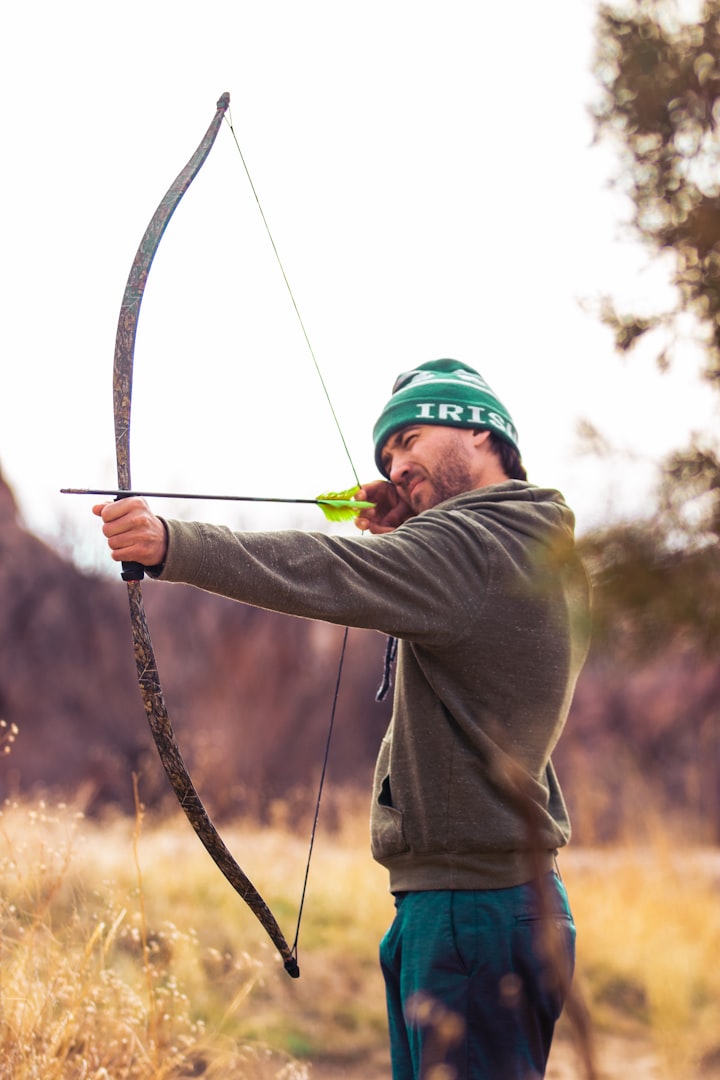The End of Roca, Chapter 1
Section 1 | Falling | Ilona

I was sliding faster and faster down the steep mossy, dense green hillside, soil and rocks spewing everywhere. My fingers grasped wildly for anything, clumps of anything, but everything was too soft or hard for me to hold; it all slid past me. Dirt choked my mouth, sharp edges stung my skin, the earth was devouring me; it scraped and tore my shoulders, my ribs, my belly. The angry, frantic noise of my descent screamed in my ears and I tried to breathe, to think, to open my eyes and see, but everything was too fast, a blur, so I squeezed my eyes shut and my fear faded into one clear thought:
When the body dies there is no pain.
I jerked sharply to a stop. I opened my eyes. My feet had tangled into roots, maybe, and my hands had found branches, stuck deep into the earth. As I thought, something gave way and I felt my legs suddenly hanging halfway over a cliff. I froze. Not a movement, not a breath. The branches were not stuck fast; I could see them already, slipping with my weight and if I tried to pull myself up with them…I wanted, I thought, not to be aware that I was dying.
But I was.
Slowly, I felt for the cliff wall with my feet, my legs; the roots were straining, I felt the tension in them. And the snap –
Live or die.
I dangled and looked down the precipice that dropped out suddenly beneath me, the world, the churning sea below and just air around, like a vacuum, silence; I could release, let myself fly and plunge into the surf, a spectacular freedom…
Put your feet down.
There wasn’t a voice, but I heard it; they weren’t words but I understood them. A breeze rifled my ruined shirt and when I twisted I saw exposed under the leaves of an overgrowth just a few feet away a crevice. A cave maybe with room enough just for me.
But if I let go now, I could end it quickly. The branches began to give way; my hands were slipping.
I could fall. I could fall. I could fall, I screamed in my head.
Your feet, the argument came.
Down.
Down they came onto the edge of a ledge with just enough space. I pressed my body against the cliff wall and my right hand lowered, slowly, grasped for the rough stone and clutched onto a worn and weathered nook. My left hand followed carefully after. The instant it locked tightly into a crevice the branches above me came loose; dark earth and stone rained over me.
Suddenly terrified to fall, I shoved my foot past the overgrowth stuck stubbornly inside the rock crevices, squatted down and reached, trembling, for the wider ledge of the cave. I crawled in as far back as I could. Inside the cave the floor was cold, like ice, and I flattened my sore belly, my shaky, racked body against it and closed my eyes.
I had died.
***
All I knew was war, but there was a time when there was peace or something like it. Our ships had once sailed freely across the sea and we had been the masters of it. Two hundred years ago they suddenly appeared as if stirred up by the wind from dust, soil and stone. Without warning and against all our attempts to negotiate peace, they began taking and killing what they wanted. No reason, no offense we had caused them.
We are free and own the sea
Came from stone, they stole our home.
They were the barbarians, the beasts, who disturbed our peace…
My home was called Scalia and when I was nine it became the last city the barbarians, who called themselves Carians, stole. They had attacked us from the land of course and as we escaped in ships I remember watching flames scorch the sky and shatter across the agitated sea, illuminating our path toward Roca, the only place left untouched, unreachable and unconquerable by the Carians. Roca was supposed to be a respite, but after all the promises we would take Scalia back and our humiliating failure to do so, here we still were adrift and alone when we had once been free and owned the sea.
Nearly twenty-five years later my life on Scalia and the people I remembered who stayed and fought (trusting we would come back for them) were faded memories, but I tried to keep them alive. Most mornings I rose early and rode out along a long, narrow soft green and craggy stretch to the south-western most point of the island: the closest point to Scalia. My horse knew the way by rote and with little guidance from me stopped just a few feet away from the sheer cliff drop.
A well-kept ancient stone tower stood watch over the sea. Three stories tall and nearly perfectly square, one side morphed down into the cliff wall and the three others were bolted solidly into the soil. There were two sentries always on duty; one waved at me from the parapet and their sentry dog barked cheerfully. All three were young and the six-hour assignment was boring. Their view of course was better but I never went up to see it. I never stayed here long; instead I rode a raw, rough path along the cliff edge as the sea filled up the craggy basin below.
What did Scalia look like now? Was it overgrown, our fountains dry, the dizzying spiral staircase with every turn a view of the sea now crumbled into it? Or had it been entirely razed to the ground, abandoned as if we had never been? Had it been saved and rebuilt into some barbarian image? Or did one of them live now in the room I had slept?
I stopped. The air this morning was still but the ground vibrated frantically: Pollux was on his way.
He and his horse overshot me so he had to round back. He was disheveled and hastily washed; he had dressed in a hurry. He had recently shaved his head but the hair was already filling back in dark, some gray, some blond by the sun. Cuts and scars nicked his skin; his left eye was freshly bruising. A miscreant in his late thirties, he was raw and fully in his element, a man in possession of everything he was and in no way apologetic. He was free to be.
“I came to wake you. You weren’t home,” I said.
A sly smile crossed his face.
“No, but I did wake up to a lovely view of the mountains. Lots of…hills and valleys –”
“And a snake in the grass.”
“Huge snake. You should have waited.”
“I told you I wouldn’t.”
“You saw my book. Twelve days out. Nine sunk, 3 more hit.”
I understood very well his value. “Yet you still couldn’t meet me on time.”
He straightened up. “I’ll be better,” he said.
I laughed. “No you won’t.”
“I’ll try.”
Good enough. I dismounted.
As we walked together I said: “Have you seen any evidence yet?”
“Your kind of evidence, no.”
“Your kind then.”
“Castor’s never wrong. It’s there.”
“He still needs to show his math.”
“Nine and three,” Pollux said, “That’s shooting fish in a barrel. What more proof do they need it’s there?”
“Visual, Pollux,” I said, “We can’t present without it.”
“Then help Castor get the permission I need to get it.”
“Re-routes.”
“Re-routes,” he confirmed, “How hard can it be?”
Harder than sinking nine ships in twelve days.
***






Comments
There are no comments for this story
Be the first to respond and start the conversation.